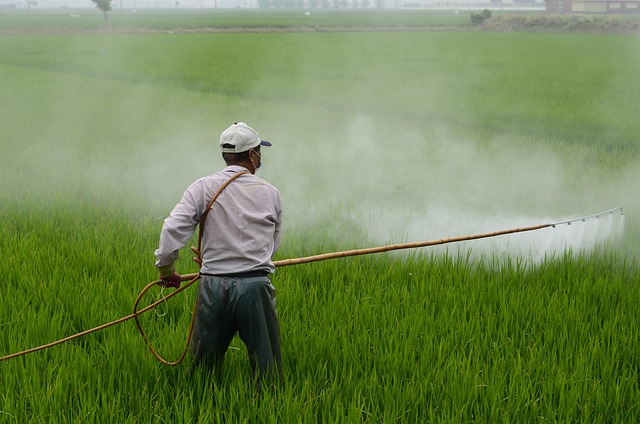The world around us is a delicate balance, a finely-tuned ecosystem that thrives on relationships among various life forms. However, one element threatens this balance: pesticides. As farmers around the globe have turned to these chemical solutions to protect crops from pests, the consequences extend far beyond the fields—impacting both the environment and climate change, ultimately contributing to the alarming crisis of desertification.
Pesticides, while initially developed to combat agricultural challenges, have inadvertently posed a significant threat to biodiversity. These chemicals disrupt the natural order, leading to a decline in beneficial insect populations, such as bees and butterflies that are crucial for pollination. As these creatures disappear, the subsequent loss of plant life can lead to weakened ecosystems. A reduction in vegetative cover ultimately increases the risk of erosion, rendering land increasingly susceptible to desertification.
Moreover, the use of pesticides is intricately linked to climate change. The production and application of these chemicals release significant amounts of greenhouse gases into the atmosphere. Studies indicate that agricultural practices heavily dependent on pesticides contribute not only to local pollution but also to broader climate-related issues. The carbon footprint left by farms utilizing synthetic chemicals goes against global efforts to combat climate change, exacerbating the very phenomenon that leads to desertification.
The adverse effects of pesticides extend beyond their immediate applications. Chemical runoff contaminates nearby water sources, affecting aquatic life and compromising water quality for both humans and wildlife. As pesticide-laden waters stream into rivers and lakes, the implications can be catastrophic, from clogged waterways to loss of habitat for fish species that are vital for both ecosystem health and local economies reliant on fisheries.
As habitats degrade and ecosystems collapse, the cycle of desertification is intensified. The barren landscapes, devoid of their natural vegetation, absorb more heat from the sun, further exacerbating local climates. What once was fertile ground can quickly transform into arid wasteland, creating a vicious cycle that entrusts more land to destruction, ultimately jeopardizing food security and livelihoods.
Furthermore, the associated societal impacts cannot be overlooked. Communities that rely on agriculture are disproportionately affected, facing the harsh realities of diminished crops and rising pest-related challenges. As farmers struggle with the consequences of pesticide use, it becomes clear that a reevaluation of agricultural practices is necessary. Transitioning to organic and sustainable farming approaches could mitigate many of these risks, fostering resilience against desertification while promoting healthier ecosystems.
In conclusion, pesticides have far-reaching consequences that extend deep into our environment and contribute to broader issues like climate change and desertification. Awareness and education are vital—recognizing that the fight against toxins in agriculture is also a fight for our planet’s future helps align the interest of farmers, consumers, and conservationists. The quest for a sustainable approach to farming is not merely beneficial; it is crucial for reclaiming and nurturing the land we all depend on.


